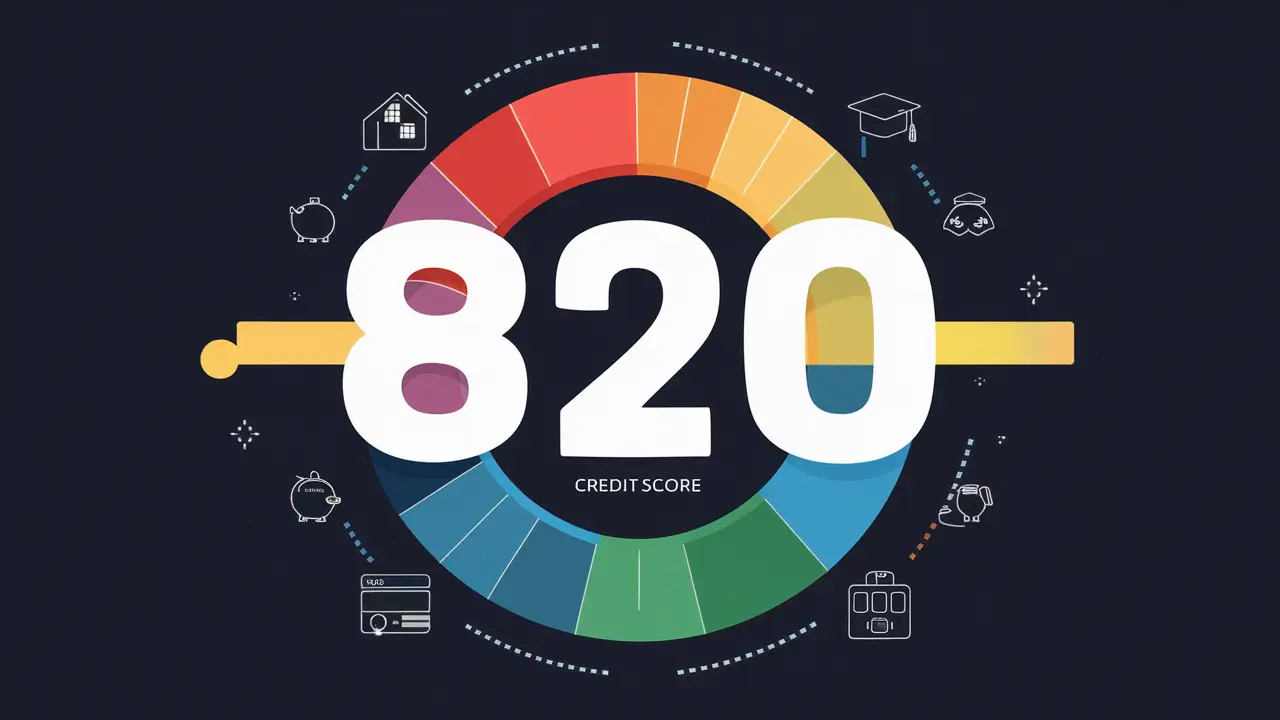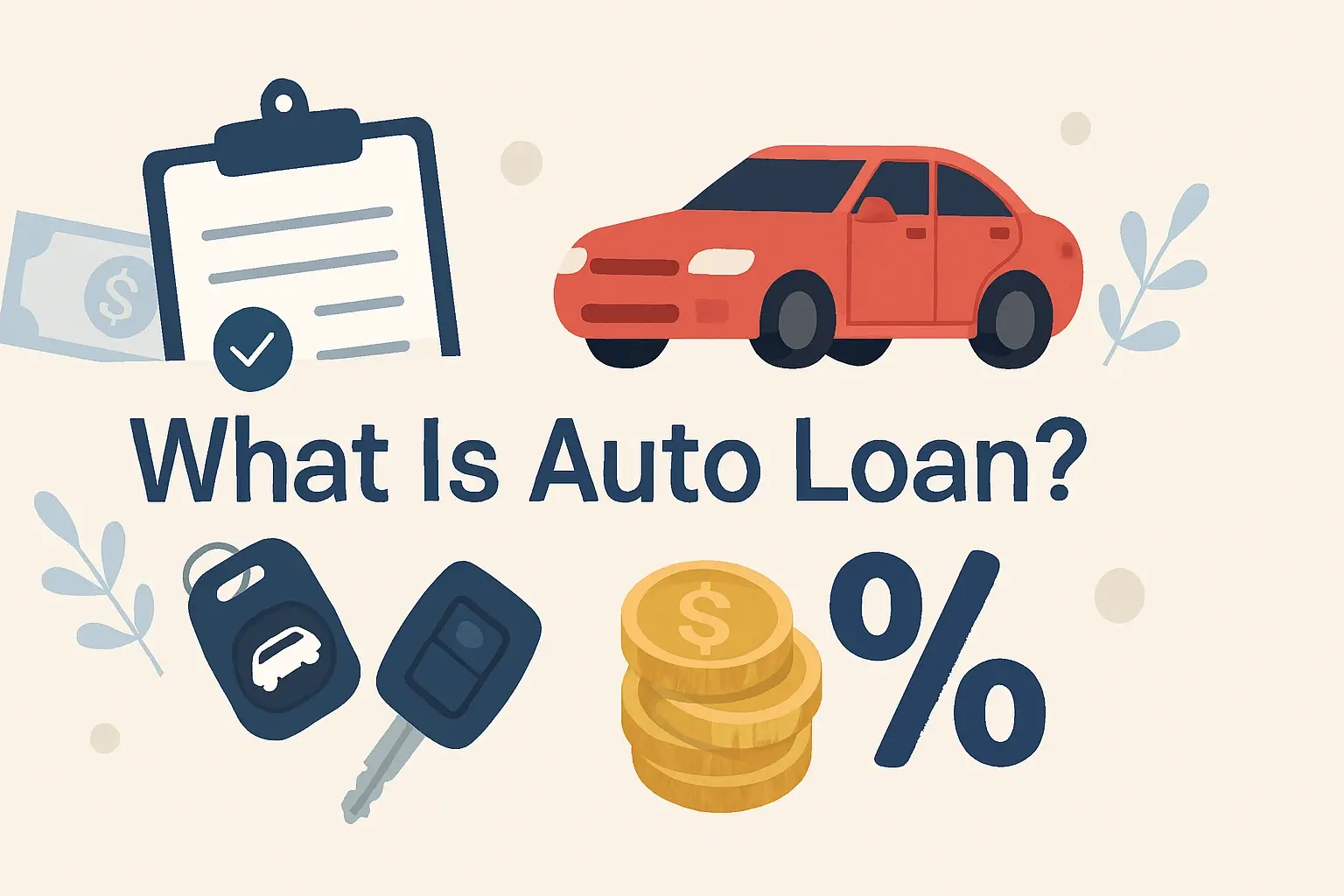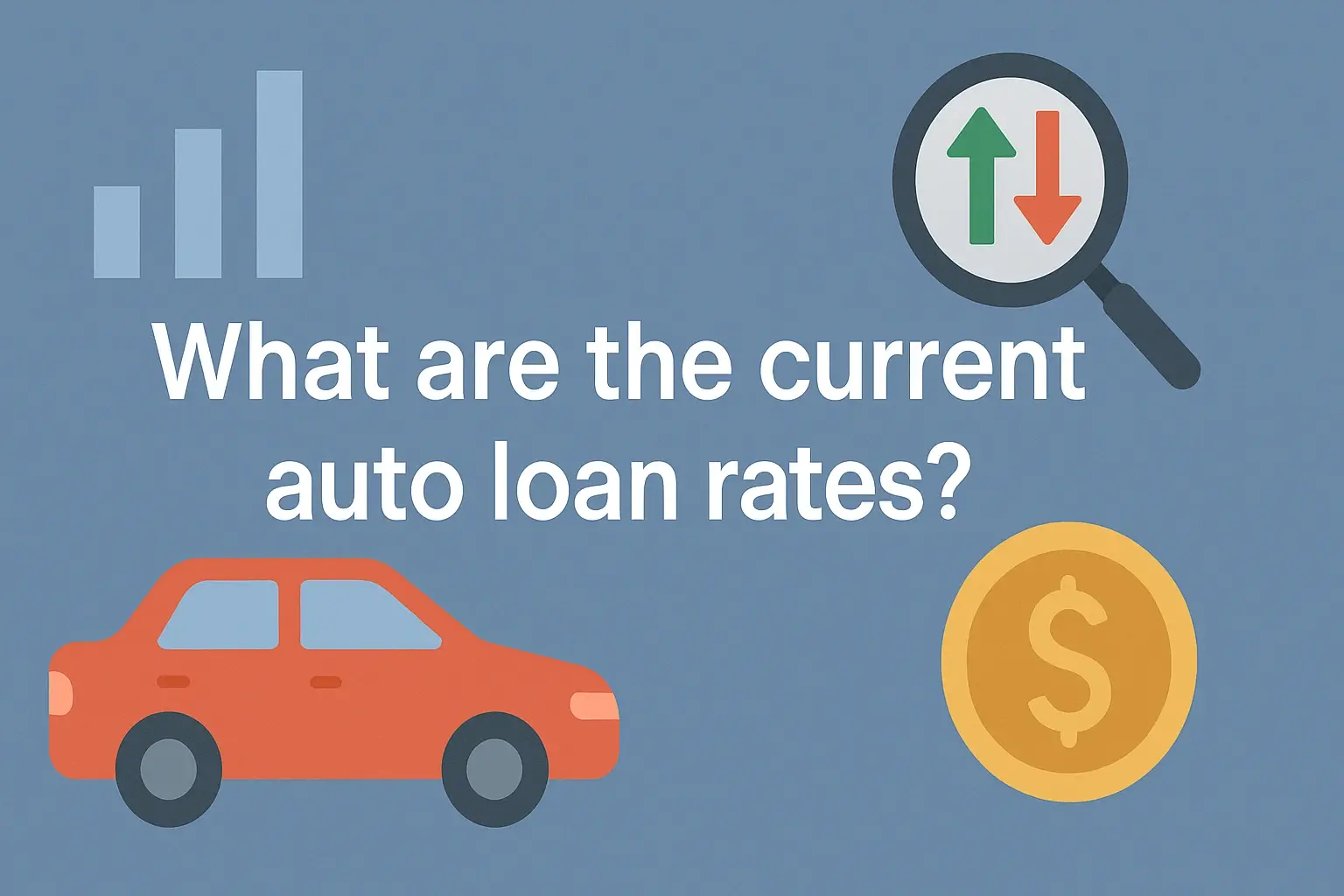-
Posted on: 26 Jul 2024

-
A credit score is a numerical representation of your creditworthiness, based on your credit history. It plays a significant role in your financial life, influencing whether you're approved for loans, credit cards, and even rental properties. But where does an 820 credit score fall on the spectrum? How common is it, and what does it mean to have such a high score?
Understanding Credit Scores
Before diving into the rarity of an 820 credit score, let's first understand the basics of credit scores. The most widely used credit scoring models are FICO and VantageScore. Both models use a range from 300 to 850, with higher scores indicating better creditworthiness.
FICO Score Ranges:
- Exceptional: 800-850
- Very Good: 740-799
- Good: 670-739
- Fair: 580-669
- Poor: 300-579
VantageScore Ranges:
- Exceptional: 781-850
- Good: 661-780
- Fair: 601-660
- Poor: 500-600
- Very Poor: 300-499
As you can see, an 820 credit score falls firmly into the "Exceptional" range for both FICO and VantageScore models. This means you're considered a very low-risk borrower.
The Rarity of an 820 Credit Score
While specific percentages fluctuate depending on the reporting agency and time period, an 820 credit score is definitely considered rare. Here's why:
- Reaching the Top Tier: Most people don't actively strive for the highest credit scores. Many are content with "Good" or "Very Good" scores that still offer favorable loan terms. The dedication and consistent responsible credit management required to reach 820 is not universally practiced.
- Credit Missteps Happen: Life events like job loss, unexpected medical expenses, or simple forgetfulness can lead to missed payments or high credit utilization, which negatively impacts credit scores. Avoiding these missteps consistently over a long period is challenging.
- It Requires Discipline: Maintaining an 820 credit score requires diligent management of credit cards, consistent on-time payments, and keeping credit utilization low. This level of discipline is not common among all consumers.
Estimates suggest that only a relatively small percentage of the population has a credit score of 800 or higher. An 820 score pushes you further into that elite category. While exact figures vary, you can generally assume that an 820 places you in the top few percentile of credit holders.
Why Exact Percentages Vary
Understanding why precise rarity statistics differ is important:
- Scoring Model Used: FICO and VantageScore use slightly different algorithms and weighting factors. This results in different score distributions.
- Reporting Agency: Each of the three major credit bureaus (Equifax, Experian, and TransUnion) may have slightly different information about your credit history, leading to variations in your score.
- Time Period: Economic conditions, consumer behavior, and lending practices change over time, affecting the distribution of credit scores.
- Data Source: The source of the data used to calculate the percentage (e.g., a specific lender's customer base versus a nationwide study) can influence the results.
Benefits of an 820 Credit Score
Achieving an 820 credit score unlocks a world of financial advantages:
- Lowest Interest Rates: You'll qualify for the lowest interest rates on loans, mortgages, and credit cards, saving you potentially thousands of dollars over the life of the loan.
- Best Credit Card Offers: You'll have access to the most lucrative credit card rewards programs, including travel perks, cash back, and sign-up bonuses.
- Higher Approval Odds: Lenders and landlords will view you as a highly desirable applicant, increasing your chances of approval for loans, rentals, and other services.
- Negotiating Power: Your excellent credit score gives you leverage when negotiating rates and terms with lenders.
- Lower Insurance Premiums: In some states, insurance companies use credit scores to determine premiums. A higher score can result in lower insurance costs.
- Easier Utility Hookups: Utility companies may waive security deposits if you have excellent credit.
Factors Influencing Your Credit Score
Understanding the factors that influence your credit score is crucial for maintaining or improving it. The two main scoring models (FICO and VantageScore) consider similar factors, but the weighting may differ slightly. Here's a breakdown:
FICO Score Factors:
- Payment History (35%): This is the most important factor. Paying your bills on time every time is crucial.
- Amounts Owed (30%): This refers to your credit utilization ratio, which is the amount of credit you're using compared to your total available credit. Keep your credit utilization below 30%, ideally below 10%.
- Length of Credit History (15%): A longer credit history generally results in a better score.
- Credit Mix (10%): Having a mix of different types of credit accounts (e.g., credit cards, installment loans, mortgages) can positively impact your score.
- New Credit (10%): Opening too many new credit accounts in a short period can lower your score.
VantageScore Factors:
- Payment History (Extremely Influential): Similar to FICO, payment history is paramount.
- Age and Type of Credit (Highly Influential): This considers both the length of your credit history and the diversity of your credit accounts.
- Credit Utilization (Highly Influential): Again, keeping your credit utilization low is key.
- Total Balances/Debt (Moderately Influential): The total amount of debt you owe across all your accounts.
- Recent Credit Behavior and Inquiries (Less Influential): Opening too many new accounts or having too many credit inquiries in a short time can negatively impact your score, though less so than other factors.
- Available Credit (Less Influential): The amount of credit available to you.
Tips for Building and Maintaining an Exceptional Credit Score
Building and maintaining an 820 credit score requires consistent effort and responsible financial habits. Here are some actionable tips:
- Pay Your Bills on Time, Every Time: Set up automatic payments to avoid late fees and negative marks on your credit report.
- Keep Credit Utilization Low: Aim to use less than 30% of your available credit on each credit card. Ideally, keep it below 10%.
- Monitor Your Credit Report Regularly: Check your credit report from all three major credit bureaus (Equifax, Experian, and TransUnion) at least once a year. You can get a free copy of your credit report from each bureau annually at AnnualCreditReport.com.
- Dispute Errors on Your Credit Report: If you find any inaccuracies on your credit report, dispute them with the credit bureau immediately.
- Avoid Opening Too Many New Credit Accounts: Opening several new credit accounts in a short period can lower your score.
- Maintain a Good Credit Mix: Having a mix of different types of credit accounts (e.g., credit cards, installment loans, mortgages) can benefit your score. However, don't open accounts you don't need just to improve your credit mix.
- Don't Close Old Credit Card Accounts: Keeping older accounts open, even if you don't use them, can increase your overall available credit and improve your credit utilization ratio. If the card has an annual fee, weigh the benefits of keeping it open versus the cost of the fee.
- Become an Authorized User: If a family member or friend has a credit card with a good payment history and low credit utilization, ask if you can become an authorized user. This can help build your credit score, but only if the primary cardholder manages their credit responsibly.
- Be Patient: Building excellent credit takes time. Don't expect to see significant improvements overnight.
Recovering From a Lower Score
If your credit score is not currently at 820, don't despair! It's possible to improve your score over time. Focus on the following:
- Correct Negative Information: Dispute any errors on your credit report that are dragging down your score.
- Reduce Debt: Work on paying down high-interest debt, such as credit card balances.
- Make Timely Payments: Establish a consistent record of on-time payments. Even if you can only pay the minimum, make sure you pay it on time.
- Consider a Secured Credit Card: If you have difficulty getting approved for a traditional credit card, a secured credit card can be a good option for building credit.
- Get a Credit Builder Loan: Some lenders offer credit builder loans, which are designed to help people with limited or damaged credit establish a positive credit history.
Conclusion
An 820 credit score is indeed rare and represents exceptional creditworthiness. Achieving this level of credit excellence requires dedication, discipline, and a solid understanding of credit management principles. The benefits are significant, including access to the best interest rates, credit card offers, and approval odds. While not everyone needs to strive for a perfect score, understanding the factors that influence your credit and implementing responsible financial habits can significantly improve your financial well-being.











